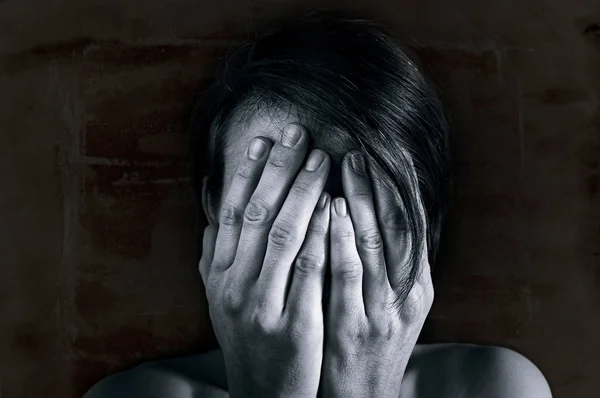– Finding Strength
In the bustling symphony of everyday life, a silent cry for help often goes unheard, camouflaged by smiles and seemingly normal routines. Depression, a silent predator, can manifest itself in myriad ways, often leaving those affected to navigate a world cloaked in shadows while their inner turmoil remains unseen by the naked eye.
The signs might not be glaring or overt. It could be the friend who cancels plans frequently, citing reasons that seem trivial at first glance. Their once vibrant enthusiasm gradually wanes, replaced by a hollow echo of their former self. The laughter that once danced freely now carries a weight, a tinge of forced merriment.
Sometimes, it’s the coworker who consistently arrives late, their productivity dwindling as they struggle to find motivation or concentrate. They might retreat into isolation, avoiding lunchtime chatter or after-work gatherings, seeking solace in solitude rather than company.
In other instances, it’s the family member who was once the pillar of strength, now grappling with a sudden loss of interest in activities they once cherished. They withdraw into their own world, the sparkle in their eyes dimming as they navigate a labyrinth of melancholy thoughts.
These subtle hints, often brushed off as mere mood swings or temporary phases, could be the faint whispers of a soul grappling with depression. It’s a silent plea for understanding, compassion, and support—a cry that may not be spoken aloud but echoes loudly within their inner world.
The stigma surrounding mental health often veils these cries for help, preventing individuals from expressing their anguish openly. The fear of being judged or misunderstood can shroud their suffering in secrecy, leaving them stranded in an ocean of despair with no visible lifebuoy in sight.
Recognizing these silent pleas requires sensitivity and an attentive ear attuned to nuances beyond the surface. It involves reaching out, not just with words but with genuine empathy, offering a safe harbor for those silently struggling to navigate the tempest within.
Sometimes, it’s as simple as lending a listening ear without judgment, creating a space where their unspoken words find refuge. Other times, it’s gently nudging them towards seeking professional help, guiding them towards avenues where they can receive the support and treatment they deserve.
Every silent cry for help is a plea for acknowledgment, an invitation to extend a hand and walk alongside them through the darkest corridors of their mind. It’s a chance to break the silence, erode the stigma, and foster a world where reaching out for help is met with understanding and compassion.
Together, by recognizing these subtle signals and responding with kindness and support, we can transform the silent cries for help into whispered words of hope and healing the way—people like me who understand your pain and are here to walk with you.


